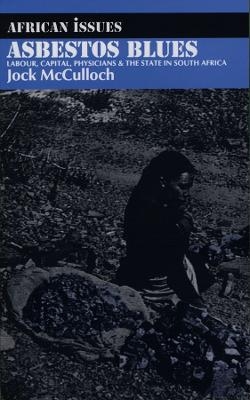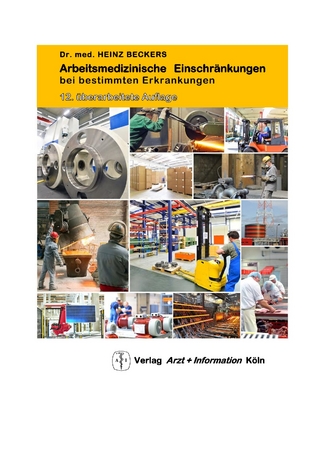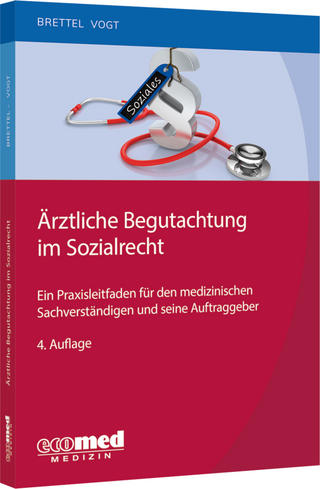
Asbestos Blues
Labour, Capital, Physicians and the State in South Africa
Seiten
2002
James Currey (Verlag)
978-0-85255-862-1 (ISBN)
James Currey (Verlag)
978-0-85255-862-1 (ISBN)
- Titel ist leider vergriffen;
keine Neuauflage - Artikel merken
Most of the world's blue asbestos has been mined in South Africa, where industry and government have been slow to respond to environment and health issues.
Were mining and manufacturing companies, as they claimed, the victims of imperfect science and inadequate state regulation?
Since the 1930s growing evidence of the health risks was often suppressed by companies and the SouthAfrican government.
Is enough being done to clean up the environmental damage caused by the mines?
Large areas of the northern Cape have been made permanently hazardous by asbestos mining. Windborne fibre continuesto spread that hazard in an ever widening circle of risk. During 2001 the South African government allocated R100 million to clean up un-reclaimed mines, but far more will be necessary to make the landscape itself safe.
Should British companies be held responsible for the behaviour of their South African subsidiaries?
The prosperity of the asbestos industry in South Africa depended on apartheid. Company profits and the dividends paid to British shareholders were fuelled by the lowly paid and hazardous work of women and juveniles in South African mines.
JOCK MCCULLOCH is a Lecturer in the Faculty of the Constructed Environment, RMIT University, Australia
North America: Indiana University Press; South Africa: Juta
Were mining and manufacturing companies, as they claimed, the victims of imperfect science and inadequate state regulation?
Since the 1930s growing evidence of the health risks was often suppressed by companies and the SouthAfrican government.
Is enough being done to clean up the environmental damage caused by the mines?
Large areas of the northern Cape have been made permanently hazardous by asbestos mining. Windborne fibre continuesto spread that hazard in an ever widening circle of risk. During 2001 the South African government allocated R100 million to clean up un-reclaimed mines, but far more will be necessary to make the landscape itself safe.
Should British companies be held responsible for the behaviour of their South African subsidiaries?
The prosperity of the asbestos industry in South Africa depended on apartheid. Company profits and the dividends paid to British shareholders were fuelled by the lowly paid and hazardous work of women and juveniles in South African mines.
JOCK MCCULLOCH is a Lecturer in the Faculty of the Constructed Environment, RMIT University, Australia
North America: Indiana University Press; South Africa: Juta
A global industry - The mines - The companies - Medical history - Life on the mines - The state & asbestos - Women miners - Dust & disease - The PRU survey - Conclusion - Bibliography
| Erscheint lt. Verlag | 1.5.2002 |
|---|---|
| Reihe/Serie | African Issues |
| Zusatzinfo | 12 b/w, 1 line illus. |
| Verlagsort | Oxford |
| Sprache | englisch |
| Maße | 138 x 216 mm |
| Themenwelt | Medizin / Pharmazie ► Medizinische Fachgebiete ► Arbeits- / Sozial- / Umweltmedizin |
| Naturwissenschaften ► Biologie ► Ökologie / Naturschutz | |
| Technik ► Bergbau | |
| ISBN-10 | 0-85255-862-7 / 0852558627 |
| ISBN-13 | 978-0-85255-862-1 / 9780852558621 |
| Zustand | Neuware |
| Haben Sie eine Frage zum Produkt? |
Mehr entdecken
aus dem Bereich
aus dem Bereich
Rechtliche und medizinische Grundlagen für Gutachter, …
Buch | Hardcover (2024)
Erich Schmidt (Verlag)
198,00 €
Buch | Softcover (2022)
Arzt + Information (Verlag)
28,00 €
ein Praxisleitfaden für den medizinischen Sachverständigen und seine …
Buch | Softcover (2024)
ecomed-Storck GmbH (Verlag)
69,99 €


